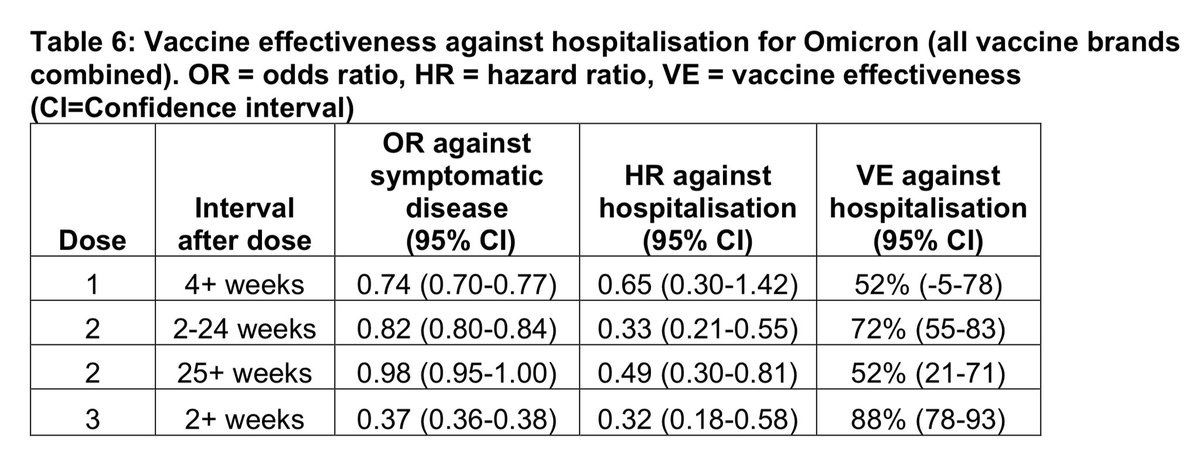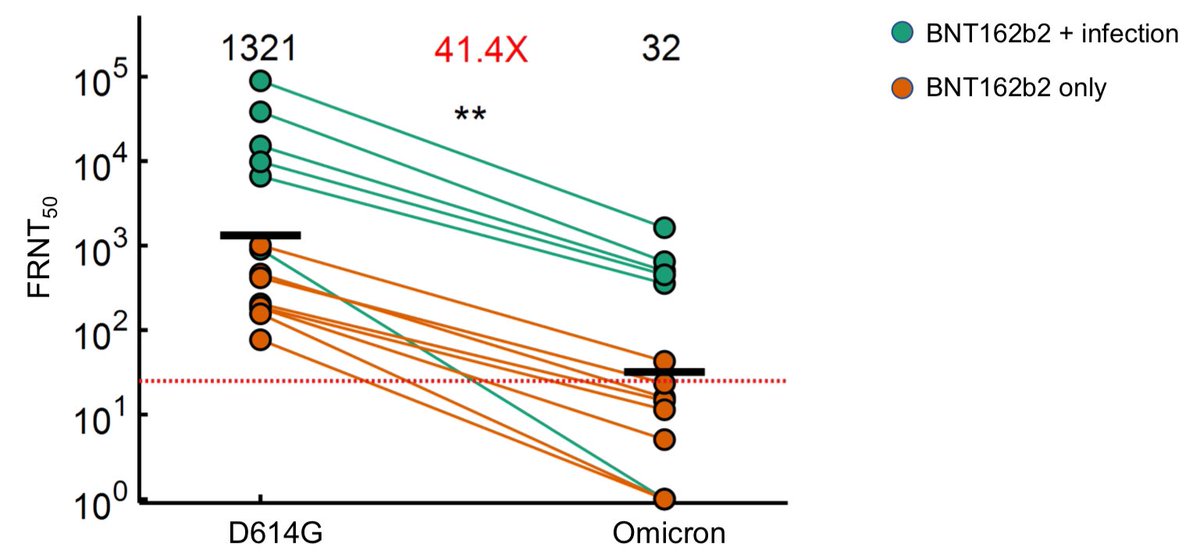
COVID-19 can cause lasting damage to the cardiovascular system, even in “mild” cases that didn’t require hospitalisation during the acute phase of infection.
A new study shows we’re going to see more heart disease, strokes, blood clots & other problems.🧵
nature.com/articles/s4159…
A new study shows we’re going to see more heart disease, strokes, blood clots & other problems.🧵
nature.com/articles/s4159…

The authors have a warning for governments letting the virus spread:
“Governments and health systems around the world should be prepared to deal with the likely significant contribution of the COVID-19 pandemic to a rise in the burden of cardiovascular diseases.” (Continued 👇.)
“Governments and health systems around the world should be prepared to deal with the likely significant contribution of the COVID-19 pandemic to a rise in the burden of cardiovascular diseases.” (Continued 👇.)
“Because of the chronic nature of these conditions, they will likely have long-lasting consequences for patients and health systems and also have broad implications on economic productivity and life expectancy.”
Apart from lost quality of life, COVID-19 is going to be expensive!
Apart from lost quality of life, COVID-19 is going to be expensive!
The authors are quite clear about the need to keep COVID-19 cases low.
They write that “the best way to prevent Long COVID and its myriad complications, including the risk of serious cardiovascular sequelae, is to prevent SARS-CoV-2 infection in the first place.”
They write that “the best way to prevent Long COVID and its myriad complications, including the risk of serious cardiovascular sequelae, is to prevent SARS-CoV-2 infection in the first place.”
• • •
Missing some Tweet in this thread? You can try to
force a refresh





